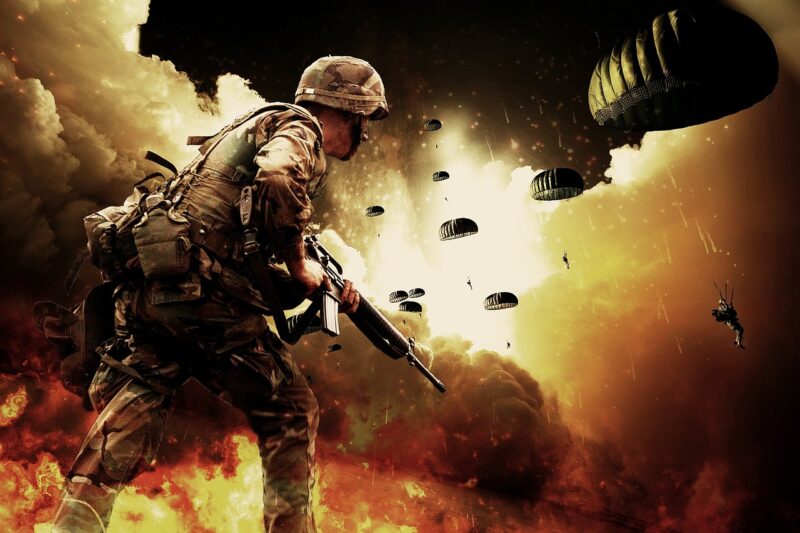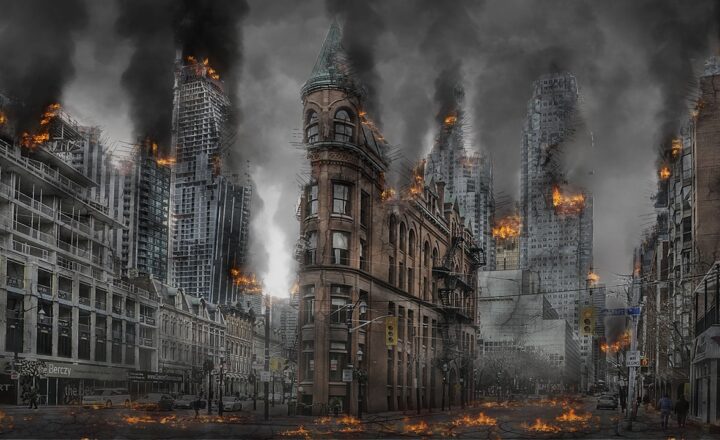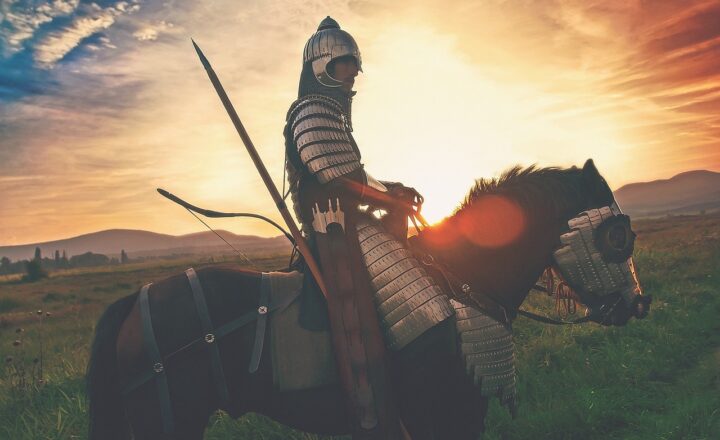The Art of War: How Historical Conflicts Have Shaped Our Modern World
November 18, 2024

The world we live in today is a tapestry woven from the threads of countless conflicts throughout history. Wars have not only determined the fate of nations but have also shaped economies, ideologies, and cultures. In this comprehensive article, we delve into some of the most significant historical conflicts and explore how they have resonated through time, influencing modern society in ways we often overlook.
1. The Role of Warfare in Shaping Nations
Throughout history, warfare has been a catalyst for change, transforming the landscape of nations and influencing the geopolitical balance. The rise and fall of empires are often traced back to their military campaigns.
– The Roman Empire: The expansion of the Roman Empire was marked by military conquests that facilitated trade, culture, and law across Europe and beyond. Rome’s military strategies and constructs like roads and aqueducts had lasting effects on infrastructure.
– The World Wars: The two World Wars led to massive geopolitical shifts, with the dismantling of empires like Austro-Hungarian and Ottoman, altering borders and creating new nations.
These conflicts did not just change borders; they redefined the concept of nationhood and led to the rise of nationalism, which continues to shape global relations today.
2. Ideological Conflicts: The Cold War’s Impact on Modern Thought
The Cold War was not just a struggle for territorial dominance, but also a clash of ideologies: capitalism versus communism. This rivalry fostered an environment of scientific and technological advancement as both sides sought superiority.
– Space Race: The competition between the USA and the USSR spurred innovations that laid the groundwork for modern technologies we take for granted, such as satellites and the internet.
– Cultural Influence: The Cold War led to a cultural exchange that influenced music, arts, and literature, shaping a globalized culture.
Today, the remnants of this ideological battle can still be witnessed in global politics and social movements.
3. Economic Consequences of Conflict
Wars have also played a crucial role in shaping economic policies and practices. From the devastation of World War I to the economic boom following World War II, conflicts have always had profound impacts on economies.
– War and Economic Growth: Post-war periods often lead to reconstruction efforts, creating jobs and stimulating economic growth, such as what transpired in Western Europe after WWII through the Marshall Plan.
– Resource Allocation: War alters how resources are allocated, leading to innovations in technology and infrastructure intended for military applications that eventually find civilian uses.
Economists today study past conflicts to understand their impacts on fiscal policies, economic recovery, and globalization.
4. Social Changes Brought About by Conflict
Wars instigate significant social transformations, reshaping societal roles, particularly regarding gender and class.
– Women’s Role in War: World War II, for instance, led to women entering the workforce in unprecedented numbers, altering societal expectations and gender roles that continue to evolve today.
– Civil Rights Movements: Many citizens became increasingly aware of social injustices during conflicts, such as the Vietnam War, prompting protests and changes in civil rights policies.
Today, we are witnessing the lingering effects of these social changes as movements for equality and justice gain momentum across the world.
5. Lessons from Historical Conflicts
Studying historical conflicts provides valuable lessons for current and future governance. The consequences of war emphasize the importance of diplomacy, negotiation, and understanding different perspectives.
– Preventive Measures: Learning from historical precedents, contemporary society advocates for conflict resolution strategies, peace treaties, and international unions to prevent warfare.
– International Relations: The formation of organizations like the United Nations post-World War II underscored the need for collaborative approaches to resolve differences without resorting to conflict.
The scars of history must serve as reminders for modern political leaders to foster dialogue over hostility, making peace not just a goal, but a process.
Conclusion: The Enduring Legacy of War
The analysis of historical conflicts is crucial to understanding the modern world. From shaping ideologies to driving economic policies and accelerating social changes, wars have cemented their place in the trajectory of human development. The lessons learned from the past can guide us towards a future where conflicts are a last resort, and dialogue prevails.
As we continue to navigate the complexities of global interactions, recognizing and understanding the impact of warfare on our way of life is more important than ever. With each conflict, there lies an opportunity for growth and understanding, echoing through history into the future.
Let’s take these lessons to heart and strive for a world governed by peace, understanding, and cooperation, rather than conflict and division.







